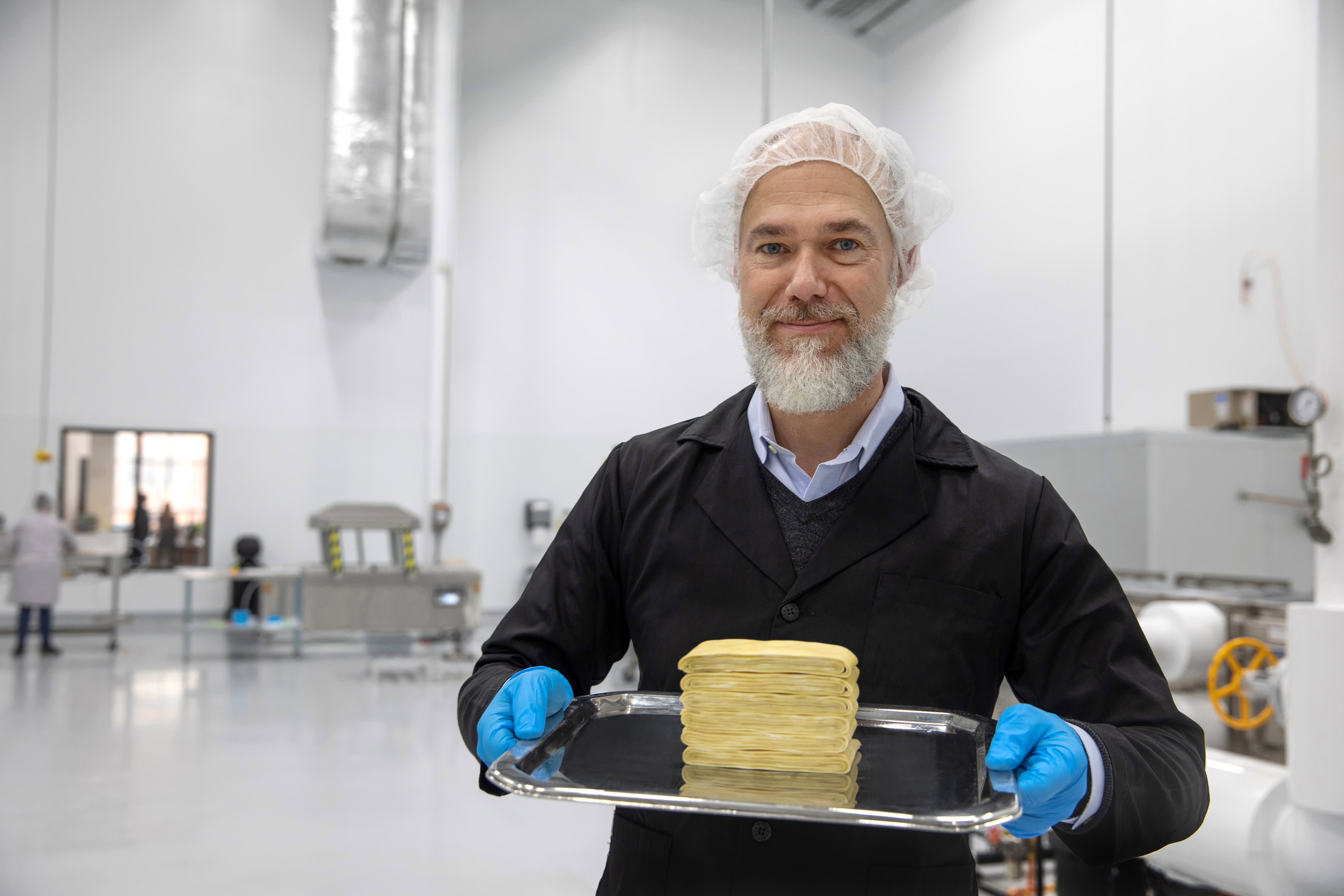Bugs to the rescue: using insects as animal feed could cut deforestation – report
Soya has become a key ingredient of animal feed but rising demand for the crop has been linked to deforestation in South America. More than 1m tonnes of soya used by UK livestock farmers in 2019 could have been linked to deforestation, according to estimates.Soya has become a key ingredient of animal feed but rising demand for the crop has been linked to deforestation in South America. More than 1m tonnes of soya used by UK livestock farmers in 2019 could have been linked to deforestation, according to estimates.
The report also highlighted the role the retail sector could play by encouraging the use of insect protein in animal feed in their supply chain and educating consumers about the benefits. French supermarket Auchan already sells insect-fed trout, while Dutch supermarkets sell Oerei eggs laid by hens fed black soldier fly larvae.
Soya has become a key ingredient of animal feed but rising demand for the crop has been linked to deforestation in South America. More than 1m tonnes of soya used by UK livestock farmers in 2019 could have been linked to deforestation, according to estimates.Soya has become a key ingredient of animal feed but rising demand for the crop has been linked to deforestation in South America. More than 1m tonnes of soya used by UK livestock farmers in 2019 could have been linked to deforestation, according to estimates.
The report also highlighted the role the retail sector could play by encouraging the use of insect protein in animal feed in their supply chain and educating consumers about the benefits. French supermarket Auchan already sells insect-fed trout, while Dutch supermarkets sell Oerei eggs laid by hens fed black soldier fly larvae.







